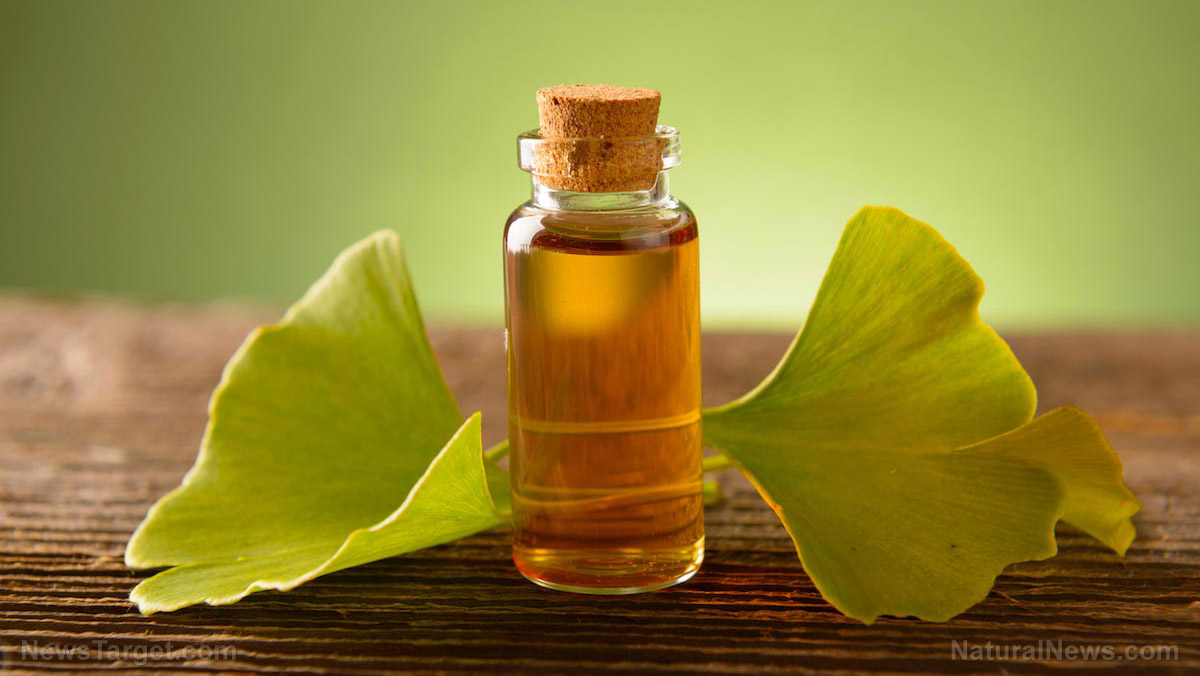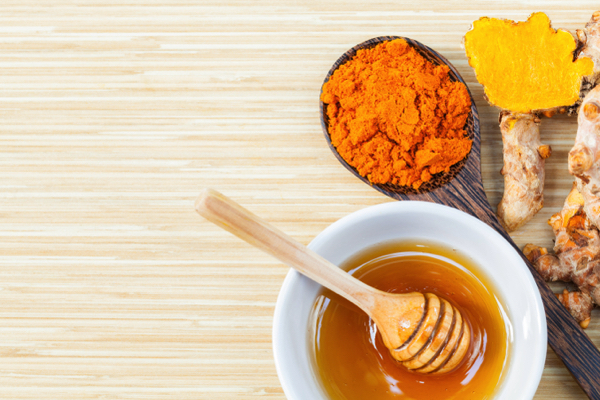 Parler
Parler Gab
Gab
"Our study suggests that there is no evidence of relevant differences in the efficacy of EGb 761 [gingko biloba] and donepezil in the treatment of mild to moderate Alzheimer's dementia, so the use of both substances can be justified. In addition, this study contributes to establish the efficacy and tolerability of the Ginkgo biloba special extract E.S. in the dementia of the Alzheimer type with special respect to moderately severe stages. "[i]Amazingly, this was not the first study to ascertain significant medicinal properties in gingko biloba. In fact, if you peruse our database on Greenmedinfo.com on gingko you will find it has been studied to have value in over 100 different diseases, and has been identified to have at least 50 distinct beneficial physiological actions. Isn't this amazing? Consider that the average FDA approved drug has 75 known adverse health effects for every purported health benefit. Clearly, a plant with this much power to heal, including the ability to compete with a multi-billion dollar drug in ameliorating what is considered "incurable" neurodegenerative disease - Alzheimer's disease - is worth exploring in greater depth. As far as its brain regenerative properties, it has already been known that gingko can stimulate brain-derived neutrophic factor (BDNF), a protein found in the brain and in the peripheral nervous system which is essential in the regulation, growth and survival of brain cells, and which is especially important for long-term memory. The ability to increase BDNF, therefore, implies it will improve brain and cognitive function. But this, alone, does not reveal the whole story on why gingko is so special, as a wide range of substances are capable of increasing BDNF, including coffee, grape seed extract, green tea, and even aerobic exercise. Only recently a new mechanism behind gingko biloba's brain and neurological tissue healing properties been revealed in the publication of an article in Cell and Molecular Neurobiology titled, "Ginkgo Biloba Extract Enhances Differentiation and Performance of Neural Stem Cells in Mouse Cochlea." In the new study researchers tested the premise that ginkgo biloba's wide range of benefits in the treatment of neural damage and disorders is due, in part, to its ability to positively modulate neural stem cells (NSC), a subpopulation of cells within the brain that as multipotent cells are capable of generating the many different types (phenotypes) of cells that make up the brain. Their results, using mouse cochlea-derived neural stem cells, showed a number of ways that gingko biloba exact (GBE) resulted in a beneficial effect:
"Our data showed that GBE treatment promotes cell survival and NSC proliferation. In addition, GBE treatment also increases NSC differentiation to neurons and enhances the performance of mature neural networks evident by the increased frequency of calcium oscillation. Moreover, neurite outgrowth is also dramatically increased upon GBE treatment. Overall, our study demonstrates the positive regulatory role of GBE in NSC proliferation and differentiation into functional neurons in vitro, supporting the potential therapeutic use of GBE in hearing loss recovery."When one figures in the broad range of ways in which gingko can promote brain health, including increasing circulation to the brain, reducing brain inflammation and oxidative stress, increasing in BDNF, and now stimulating brain stem cell mediated neuronal regeneration and improved function, it may begin to provide practitioners with an ideal drug alternative in age-related neurological and cognitive problems. It should be noted that neural stem cell stimulation and subsequent brain repair has also been observed in preclinical research with a little known component of turmeric known as ar-turmerone, which is found in whole turmeric but not in the increasingly popular 95% standardized curcumin extracts of turmeric. It is likely that many compounds we consume daily, also have brain regenerative properties. Indeed, we wrote about some of these "nerve regenerating" natural substances in our article 6 Bodily Tissues Regenerated Through Nutrition, if you would like to learn more. [Note: Gingko biloba seeds and to a lesser extent leaves contain naturally occurring gingkotoxin, which is a neurotoxin structurally related to pyroxidine (vitamin B6) and therefore capable of blocking its activity as an anti-vitamin. While the toxicological significance of gingkotoxin in leaves in the amounts found in dietary supplements is considered relatively insignificant, caution should be exercised in the selection of a brand. Ideally, the company is assaying gingkotoxin levels assuring the lowest possible level available.] To learn more about brain regeneration and/or mitigating neurodegenerative disease, visit our research section on the topic on the Greenmedinfo.com Research Dashboard. Read more at: GreenMedInfo.com
Scientists uncover “alien metals” from METEORITES in 3,000-year-old jewelry
By Belle Carter // Share
7 Best herbs for lowering blood cholesterol naturally
By Evangelyn Rodriguez // Share
By News Editors // Share
This science-backed NATURAL ANTIBIOTIC cocktail is known to help fight off infections
By Olivia Cook // Share
CDC warns CDC’s own scientists that their finding on masks “is not scientifically correct”
By News Editors // Share
Governments continue to obscure COVID-19 vaccine data amid rising concerns over excess deaths
By patricklewis // Share
Tech giant Microsoft backs EXTINCTION with its support of carbon capture programs
By ramontomeydw // Share
Germany to resume arms exports to Israel despite repeated ceasefire violations
By isabelle // Share









